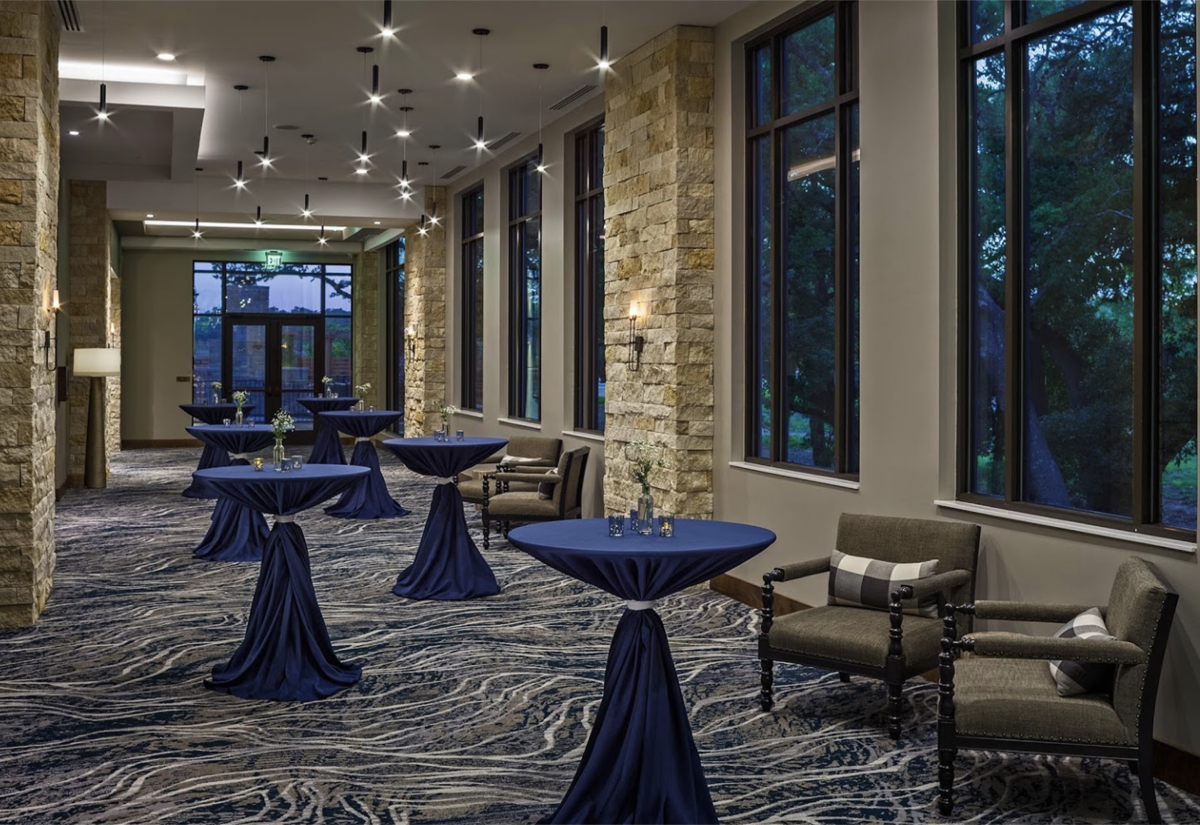

“None of the parties did anything.”īorn to be stubborn: Helen Jones and Warren Carter. “All the Labour people now saying, ‘Oh yeah, I’ve always supported the Bevy’: they did fuck all, apart from bringing down some doughnuts once,” says Carter. The council gave them bad advice, while local politicians didn’t have a clue. When the authorities got wind of their plan, a police officer emailed to say that the pub would never be allowed to re-open. Even friends describe the pair as “stubborn bastards” – and they needed to be. Most of all, those other pubs didn’t have Helen Jones, or self-described anarchist Warren Carter. Others could rely on local people pulling £500 out of their pockets for the Bevy, they hesitated to ask residents for more than a fiver. And it remains Britain’s only co-op pub on a housing estate. Those are about preserving the heart of a village the Bevy is about creating an institution to bring together a fragmented community. Those other stories are largely rural this one is suburban. When prime minister, David Cameron himself propped up the bar of a community pub, while his government rightly chipped in to a £3.6m fund to open more.Īmong such heartwarmers, the Bevy sticks right out. In some chocolate box of a village, the boozer is about to shut, so residents hold the mother of all whiprounds and a public asset is saved. Britain now has more than 100 of these “community pubs”, and their stories can be strikingly similar. The difference lies in the fact that this pub is a co-operative owned by its members, with profits invested back into the community. Working almost anywhere else, the Bevy’s 20-year-old apprentice would be close to £100 a week worse off. Pints are well over a quid cheaper than they charge in the centre of Brighton and – almost unheard of in this industry – all bar staff over 18 are on the proper living wage of £8.75 an hour. It’s not the hard-drinking, sticky-floored drinking den of old nor is it a money magnet. The Bevy is neither cool nor especially pretty.

This being the summer holidays, a young girl zoomed about on a hoverboard, making a staff member mutter: “I’m going to close my eyes and not think about health and safety.” Chauffered along in the pub’s navy-blue minivan, the lunchers sat in the community cafe while several older regulars perched on the bar stools.

That’s what the Bevy does: act as a hub in a community that has almost no other public space to meet, to rally against school cuts or housing problems. When I visited on Monday, it was serving lunch for users of the Bridge advice centre, which had just closed down. Jones calls it “a back-to-front community centre”. With banners reading “More Than A Pub”, it certainly doesn’t look like tourist Brighton’s gastropubs and cocktail palaces. In the end, local people raised the funds and opened the Bevy in 2014.

That this was all the address the sorting office needed tells you something about the suburb’s standing. The area’s reputation for roughness did not help: a local vicar once received a postcard addressed to “The Reverend John Wall, The Vicarage, The Dodgy Bit of Brighton, England”. Brewers sniffed around but couldn’t make the sums work. It lay empty for years, leaving around 18,000 people without a local. This pub used to be the Bevendean Hotel, until one too many fights forced the police to close it in the spring of 2010. Now I’m proud of the Bevy.’ Photograph: Linda Nylind/Guardian Out here, you’re not seen – so you don’t matter.”īevv regular Jonathan Woolven: ‘Before it was just that dreadful pub up the road. “Live by the seafront and you’re in tourist town – you get everything chucked at you. But how many shops can you see? How many cafes? How many resources?” She reels off the tribulations of a decade of austerity: a park nearly shut for good, a GP surgery closed, the adult education centre folded, big cuts planned for the local school. It was a baking hot day when I met her, with the South Downs beckoning. As Jones says: “The thing about not having money is that you simply can’t take part.” Many local people just don’t go to the beach. Pleasures enjoyed by holidaying families are seen as off limits. Jones, a community worker, can tell you the consequences: families that have never worked households deep in debt adults who can’t read. Its residents suffer from some of the worst health and education statistics in the country. The neighbourhood officially ranks among the most deprived 3% in England. “Up here, you have people fighting for every penny.” “You have the groovy and then you’ve got the real,” says Helen Jones, a Bevendean resident. Moulsecoomb and Bevendean, although just 10 minutes’ drive from the pier, are two big housing estates blessed with neither glamour nor cash.


 0 kommentar(er)
0 kommentar(er)
